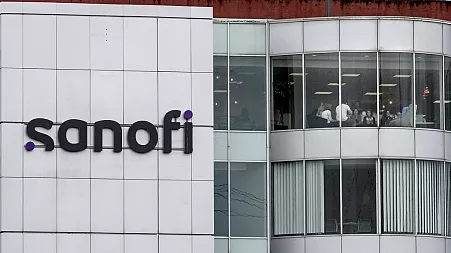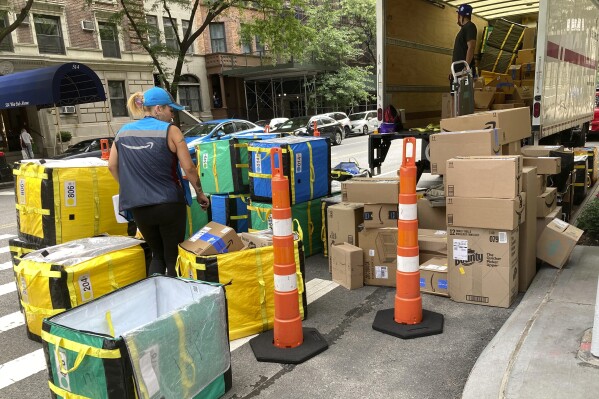The UK trial concerning the Brazilian Fundão tailings dam collapse in 2015 is taking place, almost nine years after the incident. The lawsuit is one of the biggest of its kind in English legal history, with BHP potentially having to pay up to $47bn (€43.29bn) in compensation to some 620,000 alleged individual victims.
Forty-six Brazilian districts, 65 faith-based institutions and 2,000 businesses are also claiming damages from BHP, in addition to the 620,000 individual claimants. This is also because of the toxic waste contaminating sacred rivers like the Doce, which the Krenak indigenous people believe to be sacred, as well as precious religious and historical artifacts.
The company said on its website: "BHP will continue to defend the action which it believes is unnecessary because it duplicates matters already covered by the ongoing reparation work and legal proceedings in Brazil."
The lawsuit is being handled by global law firm Pogust Goodhead, with the trial expected to last 12 weeks.
Environmental disaster
In November 2015, Brazil saw one of its worst environmental disasters, as the Fundão dam, which contained toxic mining waste, known as tailings, collapsed. Nineteen people died because of this incident, with hundreds more left homeless. The dam was close to the Mariana town, leading to the incident also being known as the Mariana dam collapse.
The waste was mainly from a nearby iron ore mine, and quickly led to the contamination of nearby water, including the Doce River. It also badly damaged or destroyed roads, commercial properties, bridges, factories, churches and farmland.
The main affected regions were Barra Longa, Santa Cruz do Escalvado, Mariana and Rio Doce.
Samarco, a joint venture between BHP and Vale, operated the Mariana dam. BHP has a 50% stake in the company, which is an iron ore pellet producer and employs about 15,000 people. It currently has operations in the Espírito Santo and Minas Gerais states.
BHP's efforts to make amends
Since the dam collapse in 2015, BHP has tried to make reparations by establishing the Fundação Renova (Renova Foundation) in 2016. This is a private, non-profit aiming to make amends for the environmental, community and social impact of the incident.
According to BHP, about 430,000 people have already gotten financial assistance and/or compensation. As of June 2024, $7.7bn (€7.1bn) has already been paid in compensation and remedial actions. Around 260 families have also been moved in new homes.
The company said: "Following the Fundão dam failure in 2015, Samarco has resumed its operations with a strong focus on safety and sustainability. A new filtration system was implemented, enabling the company to operate without the use of dams. 80% of the generated tailings are now dry stacked, with the rest deposited in a confined rocky pit."
Disclaimer: The copyright of this article belongs to the original author. Reposting this article is solely for the purpose of information dissemination and does not constitute any investment advice. If there is any infringement, please contact us immediately. We will make corrections or deletions as necessary. Thank you.



